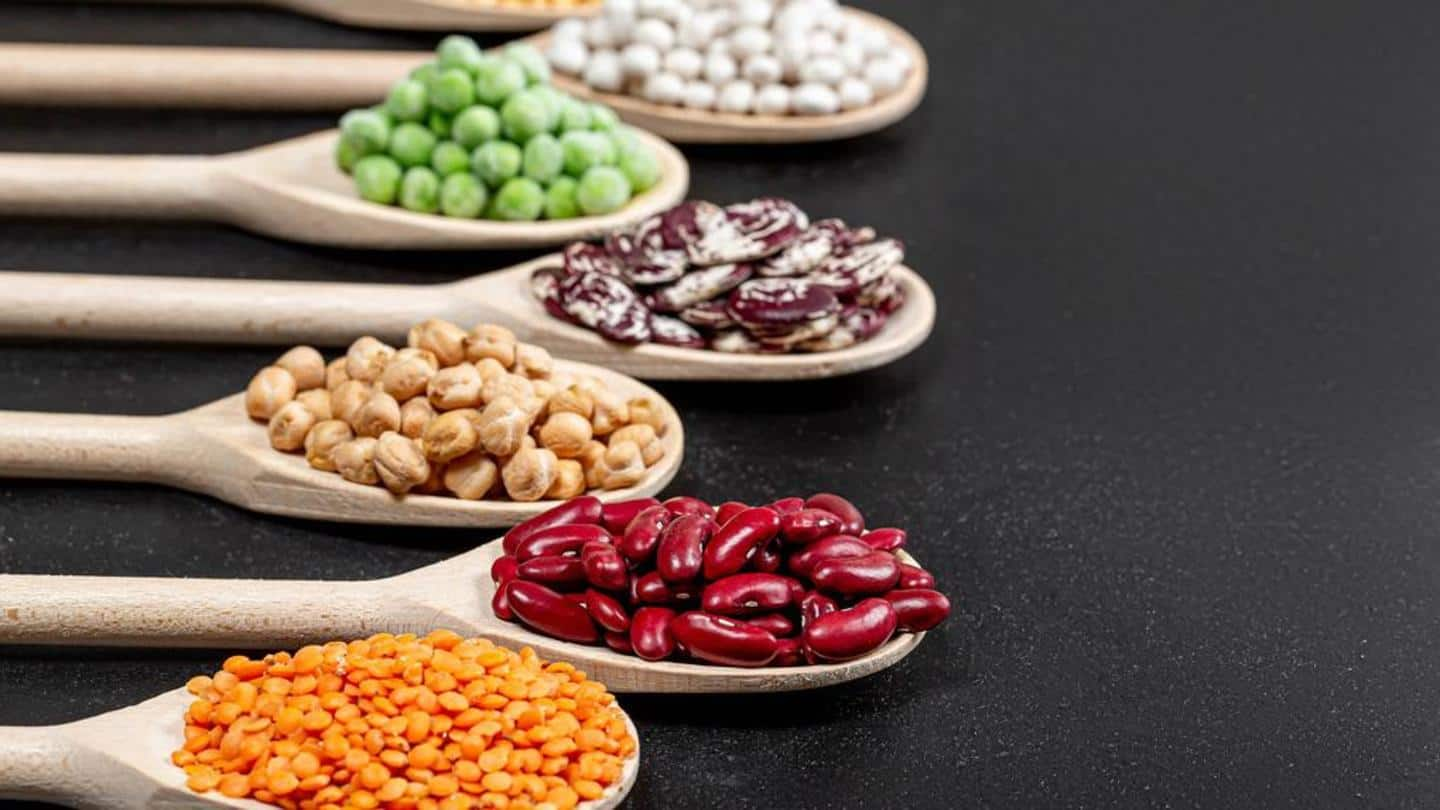
5 vegetarian sources of protein
What's the story
If you are trying to cut down your meat or animal protein consumption but wondering how to compensate for the loss of protein with reduced meat, fish, or eggs, you must not worry.
There are many vegetarian and vegan alternatives to fulfill your protein needs.
While the world is aiming for a more sustainable lifestyle, let's also try to eat more plant-based foods.
#1
Nuts and seeds
Nuts and seeds are great sources of protein.
Almonds, pistachio, walnuts, peanuts, chia seeds, flax seeds, and pumpkin seeds can be easily included in our diet.
They are also rich in fiber, iron, calcium, magnesium, vitamin E, and some B vitamins.
Nuts and seeds should be consumed in their original form or soaked as the roasted versions aren't exactly healthy.
#2
Paneer
Paneer is an extremely rich source of protein.
Paneer or cottage cheese and eggs both have similar nutritional compositions.
They are rich in vitamins and minerals, have low fat and calories, and both are packed with protein.
If you are shifting towards vegetarianism, you can switch from eggs to paneer for the same nutritional quotient.
However, if you are vegan, eat tofu instead.
#3
Certain vegetables
Vegetables may not contain as much protein as animal products, but they have a fair amount of this essential nutrient.
Broccoli, spinach, watercress, mustard greens, corn, zucchini, and sweet potatoes are some vegetables with high protein content.
They not only help you with your daily protein intake, but also take care of your need for vitamins, minerals, and plant compounds known as isoflavones.
#4
Beans
By weight, beans contain 21% to 25% protein.
Rajma, lobia, black beans (kaale sem), and chickpea are all amazingly beneficial legumes.
Chickpeas are rich in protein, fiber, and many essential vitamins and minerals.
Those who are trying to be vegetarians can eat chickpea dishes to fulfill the need for protein in the diet in place of meat.
#5
Lentils
Lentils can be of a multitude of varieties across the globe.
Apart from protein, they are rich in fiber, folate, potassium, and magnesium among other nutrients.
In India, we consume some form of lentil almost every day. The varieties of dal we eat with rice or roti are lentil preparations.
Some common ones are masoor, urad, arhar, moong, and Bengal gram.